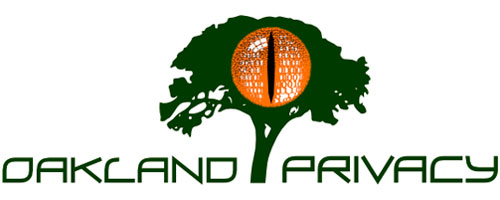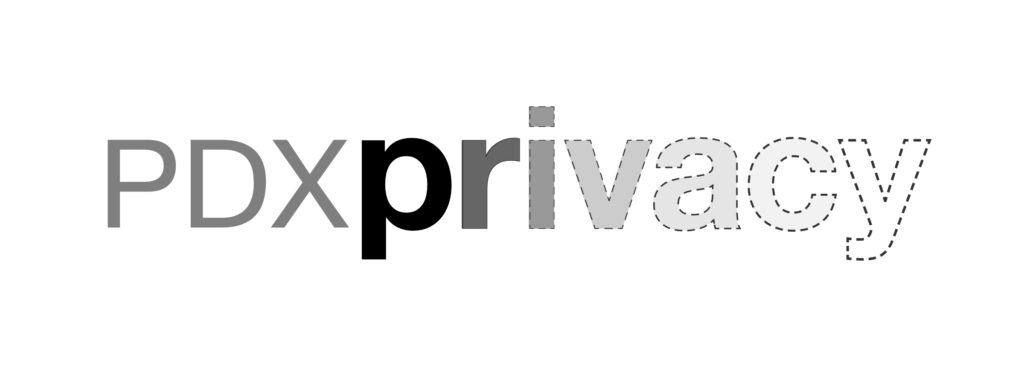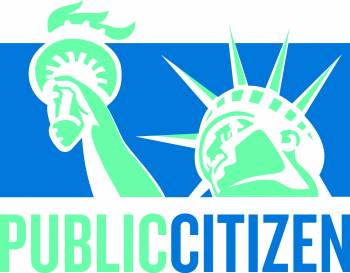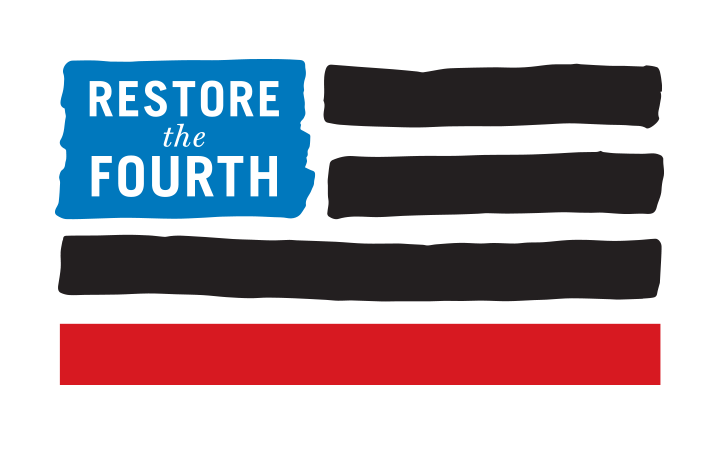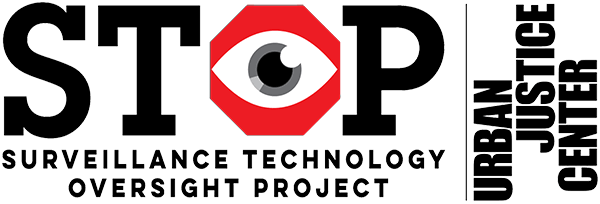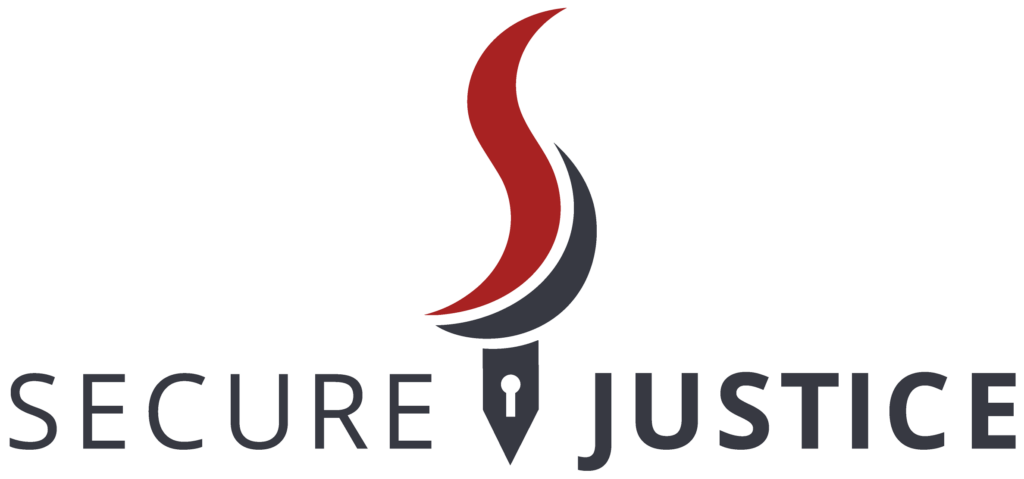BAN FACIAL RECOGNITION
IN STORES
Imagine a store showing you targeted advertising based on the products you look at but never buy — or even personalized pricing based on a perception of your income once they’ve identified you. Or a store scanning the faces of everyone approaching the building, barring anyone with a criminal record from entering. These nightmare scenarios are terrifying precisely because they are so plausible.
Your face should not be scanned, stored, or sold just because you walk into or work at a store. Retailers justify using facial recognition to protect and predict their profits, but this technology puts workers in danger, exacerbates bias, and amasses personal data. Retailers across the country that are exploring this invasive technology should know that prioritizing profit over privacy is wrong.
TAKE ACTION NOW
Enter your information to sign the petition urging top retailers to ban facial recognition in their stores. We’ll then help you send a personal message telling them why this issue is so important.
STORE
SCORECARD
We asked the top retailers in the country if they use facial recognition in their stores. Some confirmed they’re not and WON’T USE it in the future. Others MIGHT USE it, since they either failed to respond to our requests or implied they could in the future. Even worse, some retailers ARE USING facial recognition in stores right now. Take a look at how we’re keeping score and message stores to let them know you’re watching too.
Please note: this scorecard may be out of date. If you have an update that you would like for us to look into, please fill out this form.
REGULATION
IS NOT ENOUGH
Business Owners: Take the Pledge to Ban Facial Recognition
Join the growing community of businesses that have pledged to protect the safety of their customers and workers by rejecting facial recognition.
PLEDGE:
Facial recognition technology is biased, invasive, and dangerous. As a business owner, I pledge to never use it. I urge owners and directors of businesses and corporations everywhere to join me in taking this pledge, and to commit to upholding standards of safety, privacy, and racial equity for the people we serve and work with. Finally, I ask my lawmakers to pass legislation banning the use of facial recognition in all places of public accommodation.


































